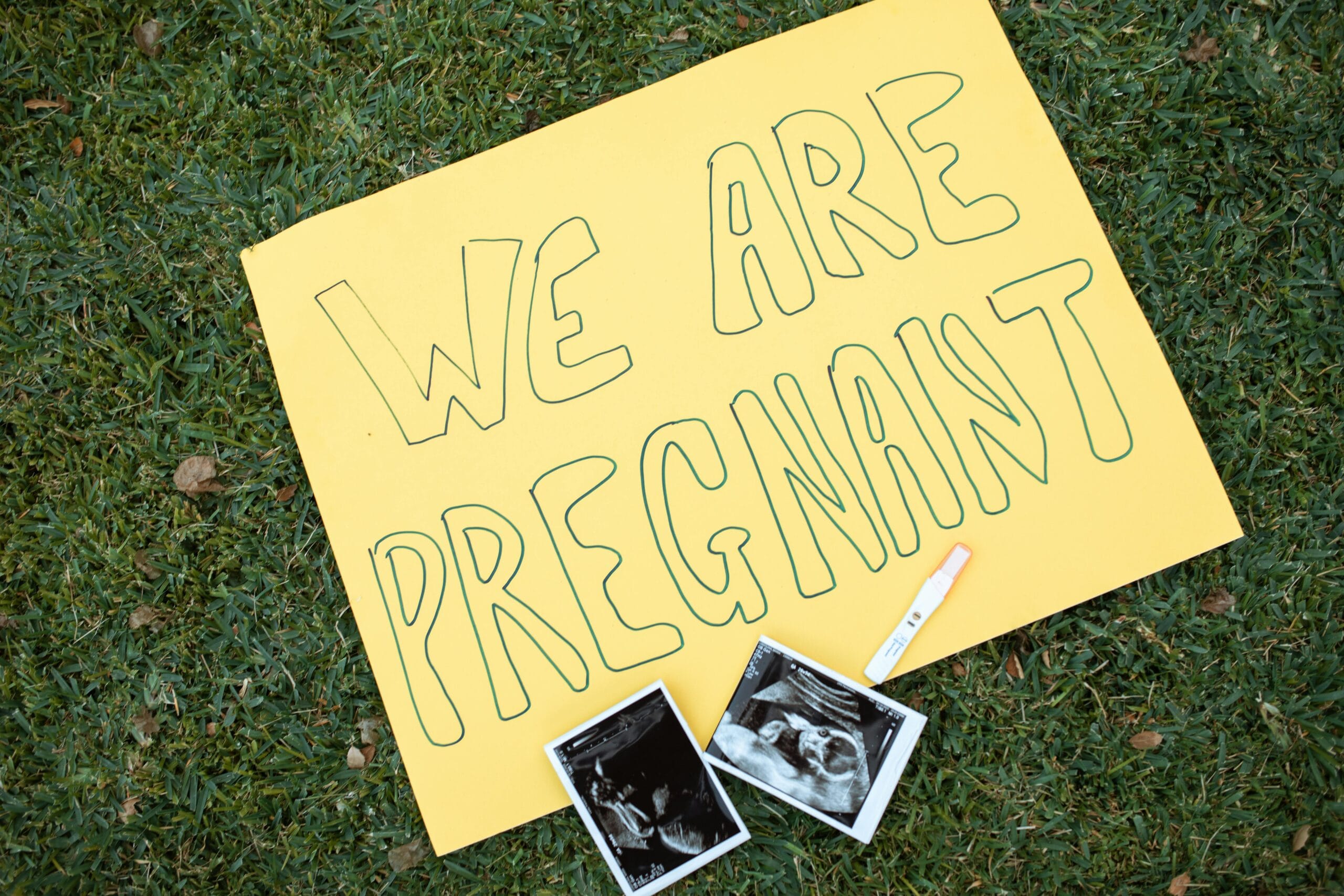NASA ‘s final quarter of the pregnancy period is considered the third trimester. Towards the end of your pregnancy you experience various changes in your body which are associated with the expansion to accommodate your baby and preparing to give birth. But this an exciting phase child also experience some physical and emotional problems. At PregnancyRest, we are always ready to help you go through the frequently experienced third-trimester symptoms and teach how to ease the discomfort to pay proper attention to prenancycare & health.
Symptoms That Third Trimester Pregnant Women Can Experience
1. Back Pain
Since your baby will grow bigger as he or she ages, your body posture changes and leads to stressing your back muscles.
How to Alleviate It:
Suggest the use of a maternity belt.
Practice good posture.
Do some mild exercising such as prenatal yoga.
Warm compresses should be applied to the area that is painful or swollen.
2. Swelling (Edema)
Oedema of the lower limbs is a cardinal symptom because the extremities become oedematous and palpation reveals engorged veins as the pressure rises and fluid accumulates in the blood vessels.
How to Alleviate It:
Do not sit or lie with your legs crossed, your feet resting on your knees or with your ankles crossed.
Do not choose to stand for long periods of time.
Closely monitor your water intake and considerable cut on salt consumption.
Wear compression stockings.
3. Shortness of Breath
This is especially the case in the later phases of pregnancy, when your uterus pushes up against your diaphragm as though it’s your personal (albeit slightly inexperienced) breathing instructor.
How to Alleviate It:
Sit and stand properly.
Sleep on pillows; be in a sitting position.Amazingly, I wake up with my neck feeling more painful than when I lie flat on my back.
Exercises the respiratory system through light exercises aimed at enhancing lungs exercises.
4. Heartburn and Indigestion
Hormonal change and putting pressure on the stomach leads to problems such as acid reflux and heart burn.
How to Alleviate It:
Eat smaller, frequent meals.
Do not consume spicy food, heavy foods or food items which are acidic in nature.
Conditions are that you have to sleep with your head raised.
It is safe to swim during pregnancy but speak to a doctor about the use of antacids during pregnancy.
5. Frequent Urination
When your baby drops to the pelvic region, pressure on the rectum and bladder increases and hence more frequent washing.
How to Alleviate It:
It may sound counterintuitive, but, do not take much water before going to bed as it will lead to frequent nocturnal urination.
One should urinate out as much as he or she can every time they go.
Kegel exercises should be done to have a strong pelvic muscles.
6. Braxton Hicks Contractions
These are beneficial in that they cause your body to prepare for labor much like when you practice for a game or competition. They are mostly asymptomatic or may have mild discomfort and not sharply defined.
How to Alleviate It:
Adapt a new position or a new activity.
Stay hydrated.
It is also important to breathe deeply.
7. Fatigue
A lot of weight and hormonal changes can make one feel drained of energy.
How to Alleviate It:
Try lying down for short periods before dinner or in the evening and on the weekend.
Take foods that are rich in iron in order to avoid anemia.
Take care when walking, smiling can help improve stamina by engaging basic physical workouts.
8. Difficulty Sleeping
These include discomfort, rising frequency of urination, and anxiety concerning labor, all of which will interfere with your sleep.
How to Alleviate It:
Get some support during sleep, a pregnancy pillow could come in handy.
Do not consume such things as caffeine and eating of heavy meals before going to bed.
Earn a relaxation routine before sleep with some methods.
When to Call Your Doctor
Certain symptoms in the third trimester may indicate a more serious condition and require immediate medical attention:
Swelling in face and hand which is very extreme may herald preeclampsia.
’Any acute or severe fullness or stomach pain’.
Vaginal breech or leakage of some blood or fluid.
Reduced fetal movement.
Headaches that recur or vision changes.
Comfort measures for third trimester of pregnancy
Stay Active: Light physical movements such as a walk or swim can help with pain and provide some healthy blood flow.
Hydrate and Eat Well: Nutrient-packed meals benefit energy and the growth of the baby Good bowel movement is encouraged by taking foods which are rich in nutrients.
Prepare for Labor: Take prenatal classes and baby-making sessions and relax.
Create a Support Network: Discuss them with family members; and, when necessary, get assistance.
Final Thoughts
This can be both a fulfilling and a trying time especially for first time mothers, however knowing the right approach, the third trimester can be mastered. Always pay attention to your body, get enough sleep, and to ask for assistance when you need it.
That is why at PregnancyRest, we aim at giving expectant women correct information for gaining prenatal and perinatal wellness throughout pregnancy. There is no more beautiful place to be than where you’re headed to embrace your little one, but you need to also know that you are never alone, you are accompanied every step of the way.



